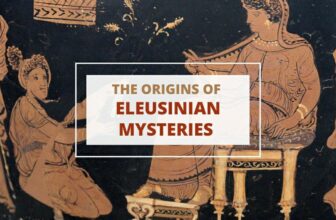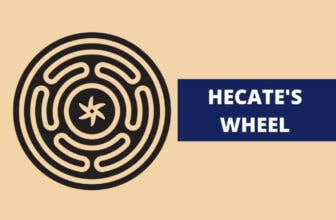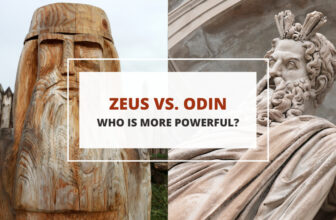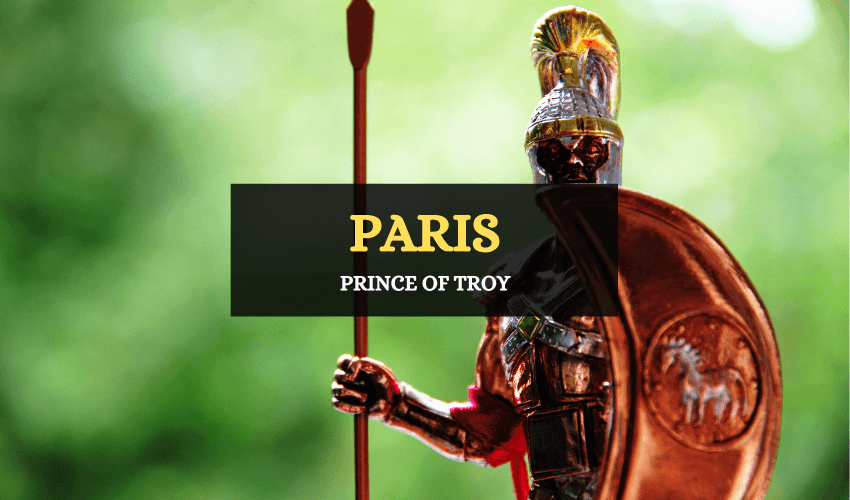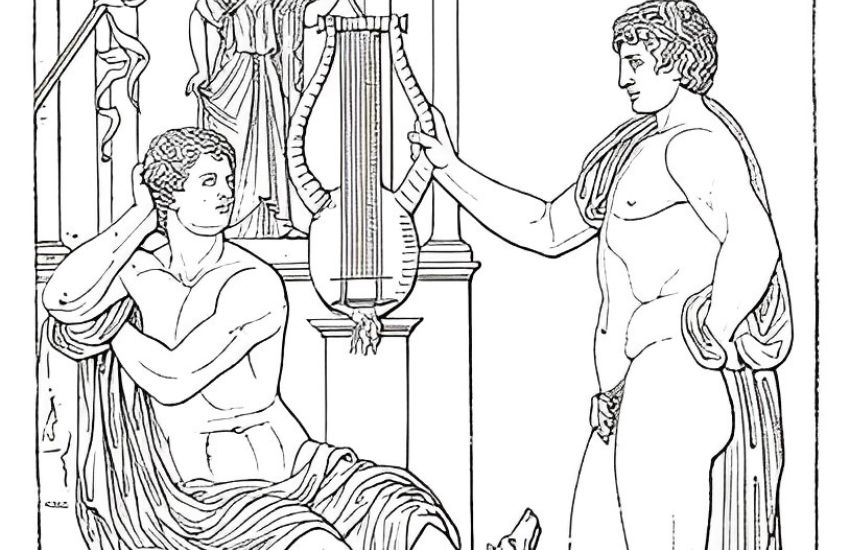
Table of Contents
Zethus was one of the twin sons of Zeus and Antiope, known for his role in the second founding of the city of Thebes. Together with his brother Amphion, Zethus constructed the city’s walls and ruled Thebes, which flourished and grew. Apart from this, Zethus doesn’t play any major role in Greek mythology. But the myths he appears in are iconic and dramatic.
Early Years of Zethus
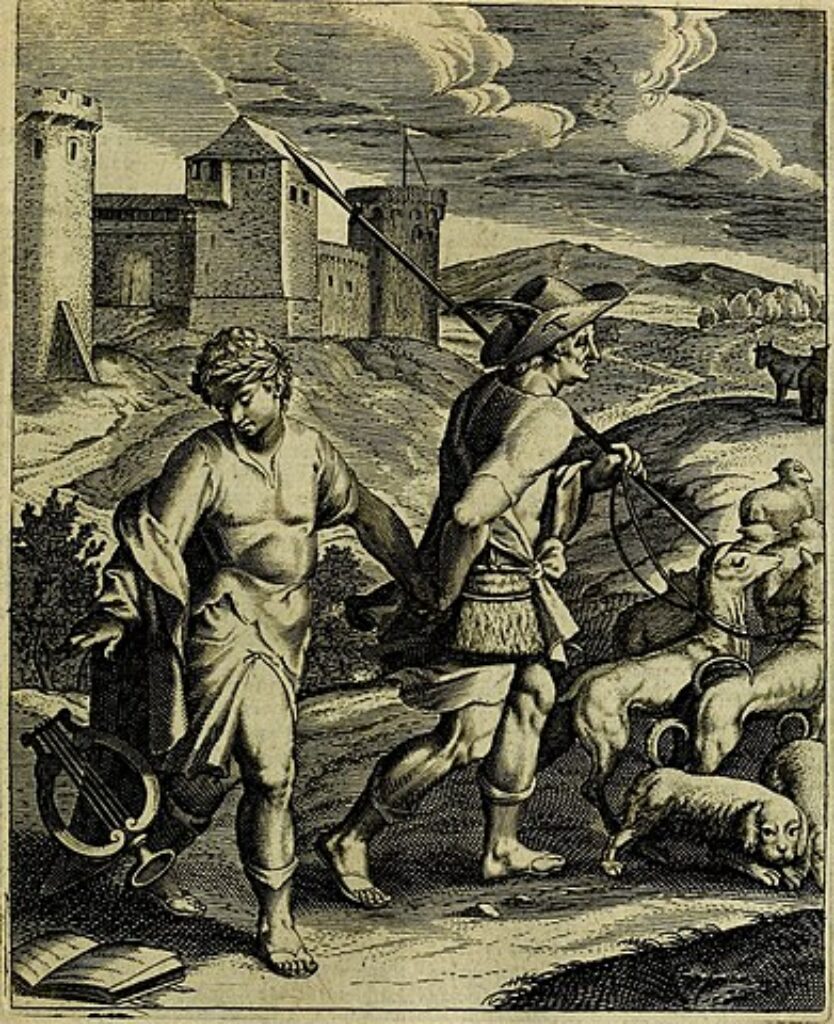
The story of Zethus begins with Zeus, who pursued the mortal Antiope in the form of a Satyr and raped her. Antiope was the daughter of the ruler Nycteus of Cadmea, the city founded by Cadmus that would later become Thebes. When she became pregnant, she fled from Cadmea in shame. Antiope ran away to Sicyon and married Epopeus, the king of Sicyon. In some sources, she was taken by Epopeus from her city.
In any case, the Cadmean general, Lycus, attacked Sicyon and took Antiope back to Cadmea. On the journey back, Antiope gave birth to twins and was forced to abandon them on Mount Cithaeron, as Lycus believed that they were sons of Epopeus. The general then gave Antiope over to his wife, Dirce, who treated her terribly for years.
Antiope later escaped from Thebes and went looking for her children. She found them alive and living near Mount Cithaeron. Together, they killed the cruel Dirce, by tying her to a wild bull. Then they formed an army and attacked Cadmea. They also ousted the Cadmean ruler, Lycus, and the twins became the joint rulers of Cadmea.
Zethus as a Ruler
It was during the rule of Zethus and Amphion that Cadmea became known as Thebes. The city might have been named after the wife of Zethus, who was called Thebe. But some sources say that the city was named after their supposed father Theobus.
Each twin had distinct qualities. Zethus was a herdsman and had a penchant for the practical side of life, while Amphion became a great musician, having been taught to play the lyre by Hermes himself. Amphion’s lyre-playing was said to be so enchanting that when he played, stones would move themselves to help build walls.
Thebes grew under the brothers’ rule. Together with his brother, Zethus strengthened Thebes by building the defensive walls of Thebes. They built walls around its citadel and worked hard to fortify the city. In this way, Zethus played an important role in the expansion and fortification of Thebes.
Death of Zethus
The lives of the twins, especially Amphion, were eventually marked by tragedy due to the events involving Amphion’s wife, Niobe. Niobe insults Leto, the mother of the twin gods Artemis and Apollo, for only having two children, while she herself had several. As punishment for this terrible insult, the twin gods killed Niobe and all her children. When Amphion discovered this, he committed suicide out of grief.
Zethus also comes to a tragic end, but there are different versions as to how he dies. In one version, Zethus and Thebe had one child, a son called Itylus that they loved very much. However, this boy was killed by an accident caused by Thebe. Distraught, Zethus committed suicide. As both the rulers of Thebes were now dead, Laius came to Thebes and became its new king.
Importance of Zethus
Zethus is not a central figure in Greek mythology, but he does hold significance together with his twin brother, Amphion. While Cadmus is credited with the initial founding of the city, Zethus and Amphion are celebrated for their role in fortifying it and building its walls.
- Duality and Balance: Zethus and Amphion represent two opposing but complementary aspects of life and culture. Zethus, the herdsman, symbolizes the practical, physical side of life, focused on manual labor and tangible achievements. In contrast, Amphion, taught by the gods to play the lyre, represents the arts, culture, and the intangible. Their joint efforts in building the walls of Thebes, Zethus doing physical labor while Amphion moves stones with his music, reflect the idea that both practicality and art are essential in establishing and enriching a civilization. Together, they create the perfect city.
- Fortification of Thebes: Thebes was one of the major city-states in ancient Greece, and its fortification by Zethus and Amphion grants the city a divine and heroic history.
- Revenge and Justice: The story of Zethus and Amphion seeking revenge on Dirce for her mistreatment of their mother, Antiope, emphasizes the Greek values of familial loyalty and the consequences of wrongdoing.
Facts About Zethus
Zethus is a demi-god as his father, Zeus, is a god but his mother is a mortal.
Zethus’ is the son of Zeus and Antiope.
Zethus has one twin brother, Amphion.
Zethus is known for his role in strengthening, expanding and naming the city of Thebes.
Zethus killed himself because his wife had accidently killed their only son, Itylus.
Wrapping Up
Zethus was a protagonist in one of the myths about the founding of Thebes, his only role in Greek mythology. It was during his rule that the city grew and became known as Thebes. He is best known for building the walls of Thebes with his brother. Apart from that, Zethus’ life is marked with tragedy, from the abuse he suffered in his early childhood through to the loss of his child and his subsequent demise.
Related articles
Paris of Troy: Love, War, and Tragic Destiny
Argonauts: The Band of Valiant Greek Heroes
Pygmalion: Greek Sculptor of Galatea
The Titans: Primordial Powers of Greek Mythology




